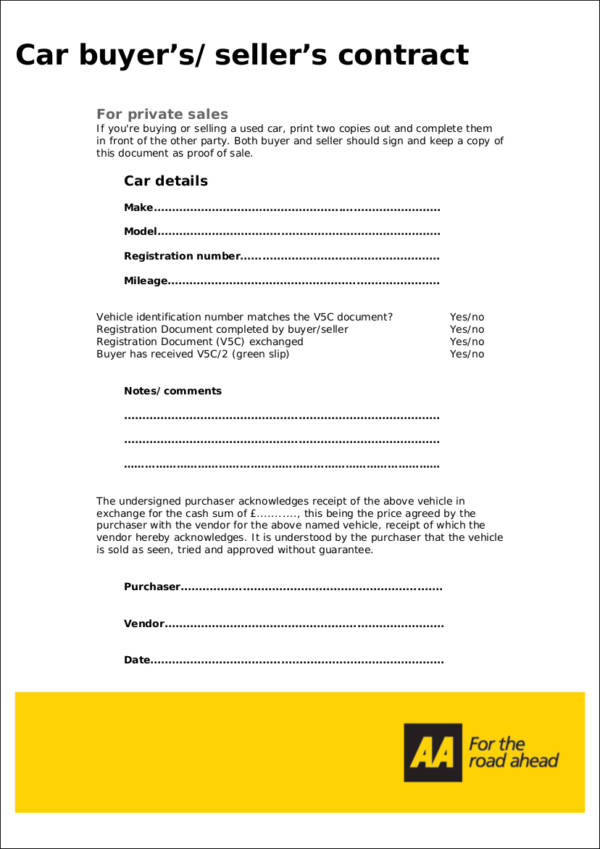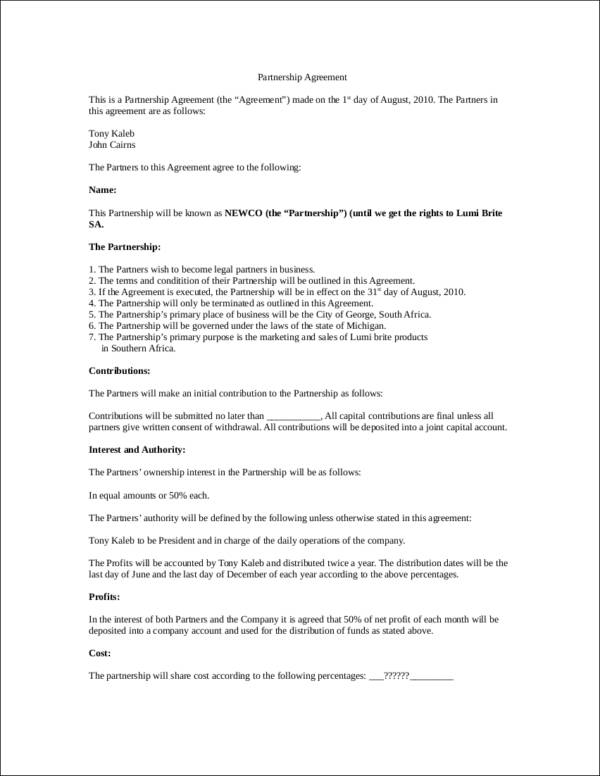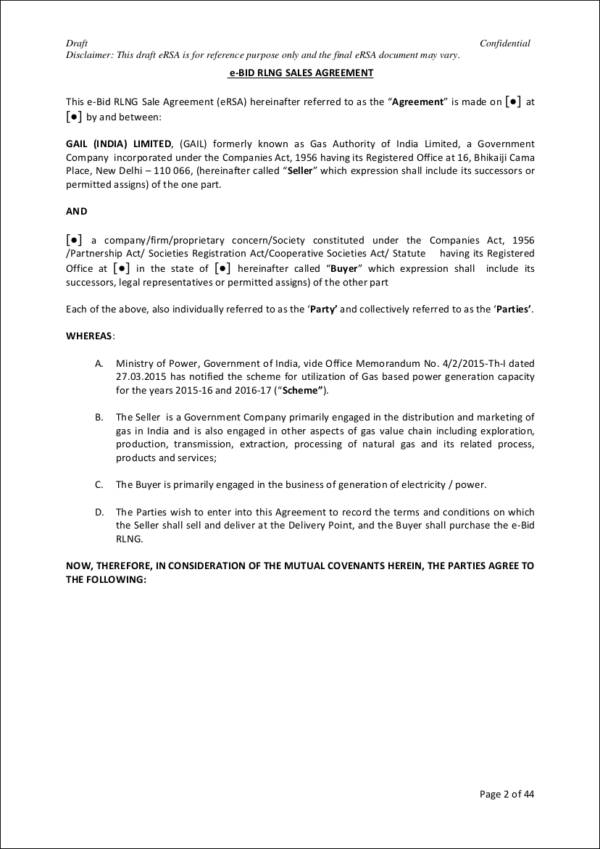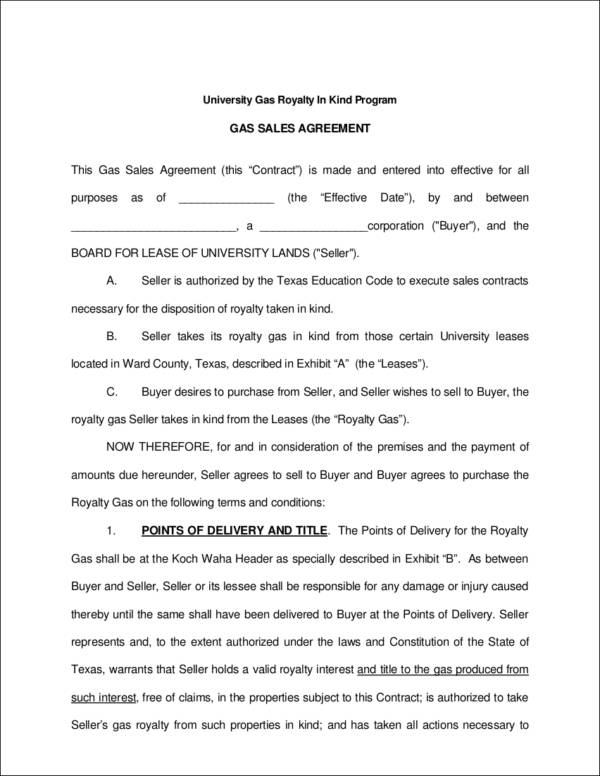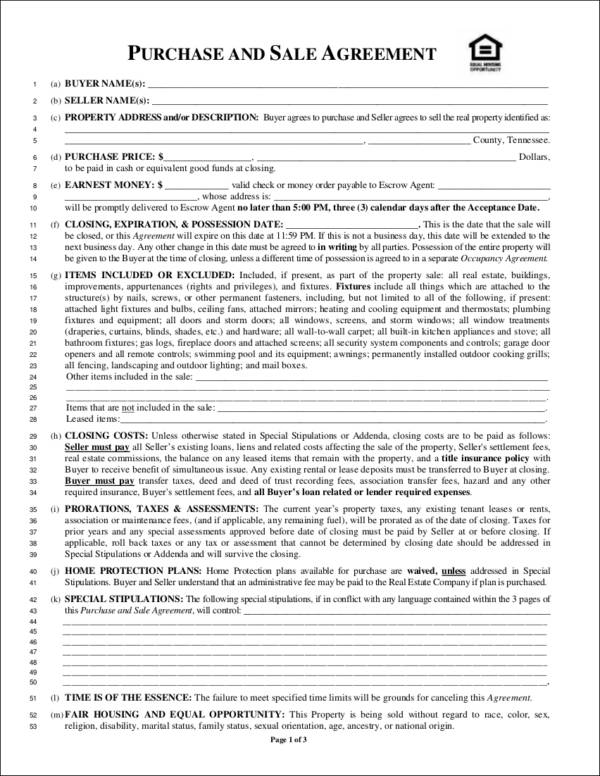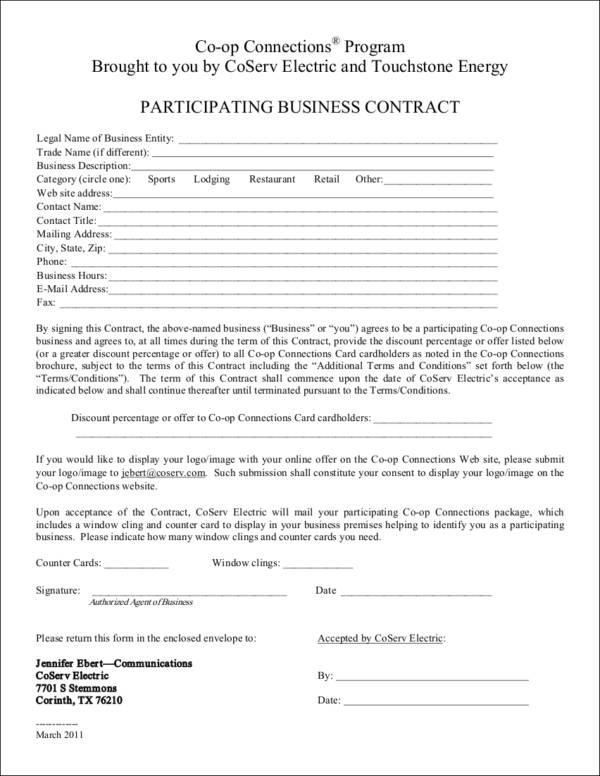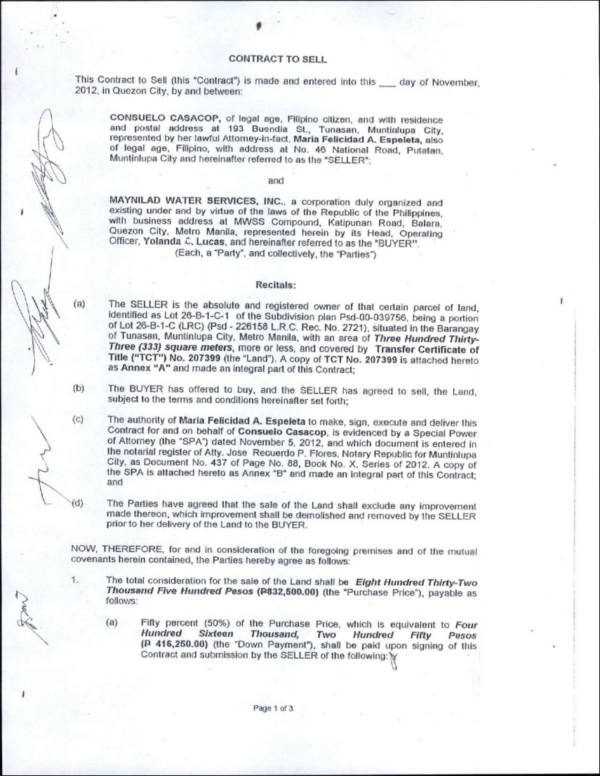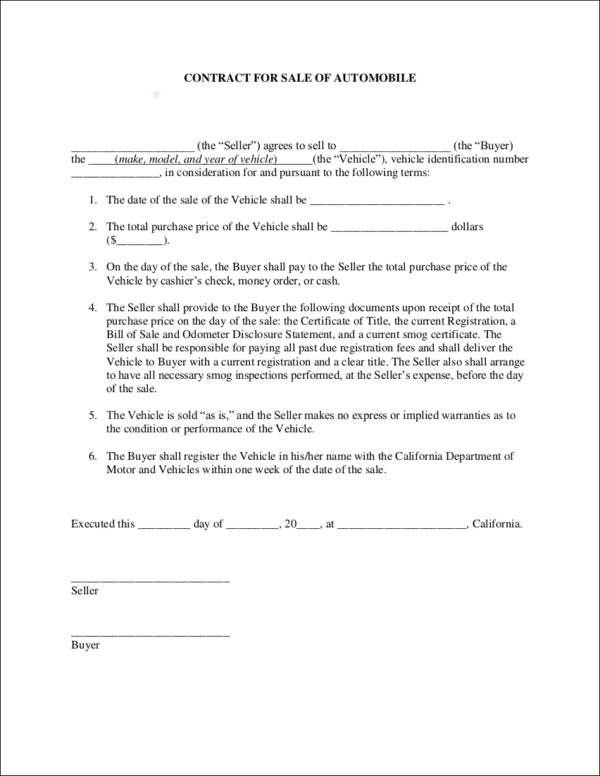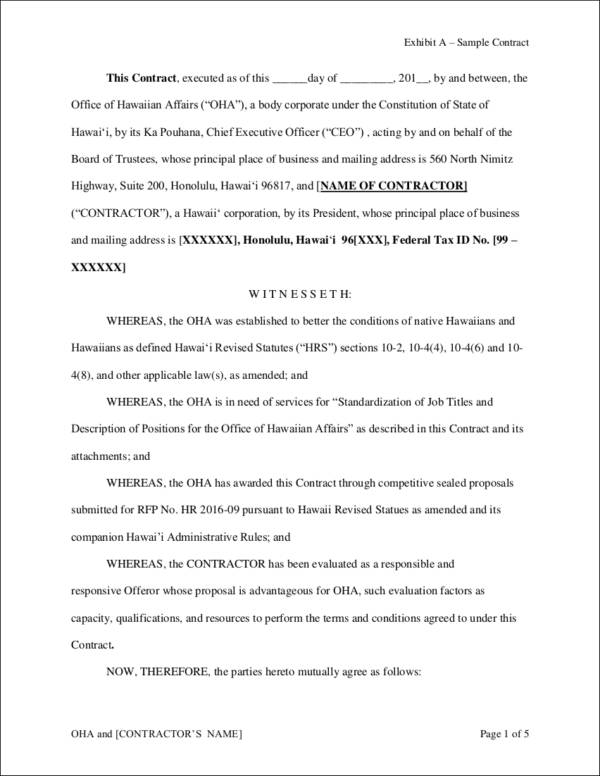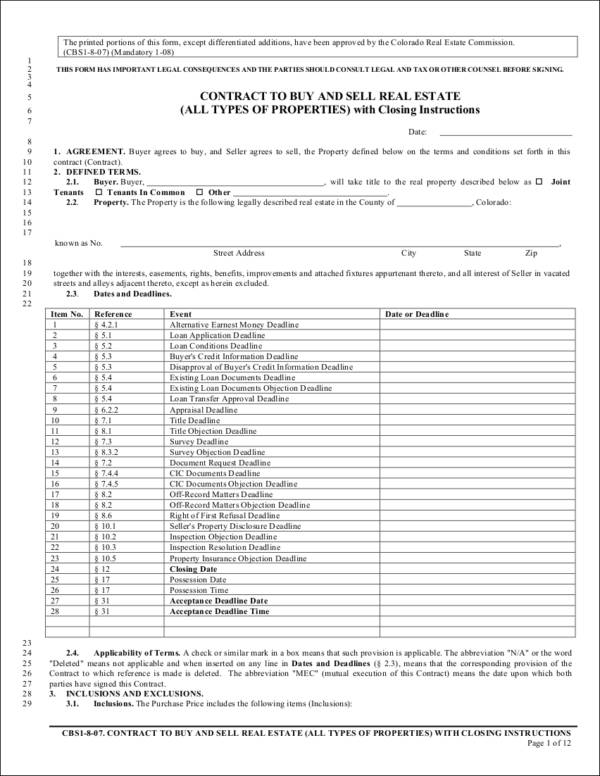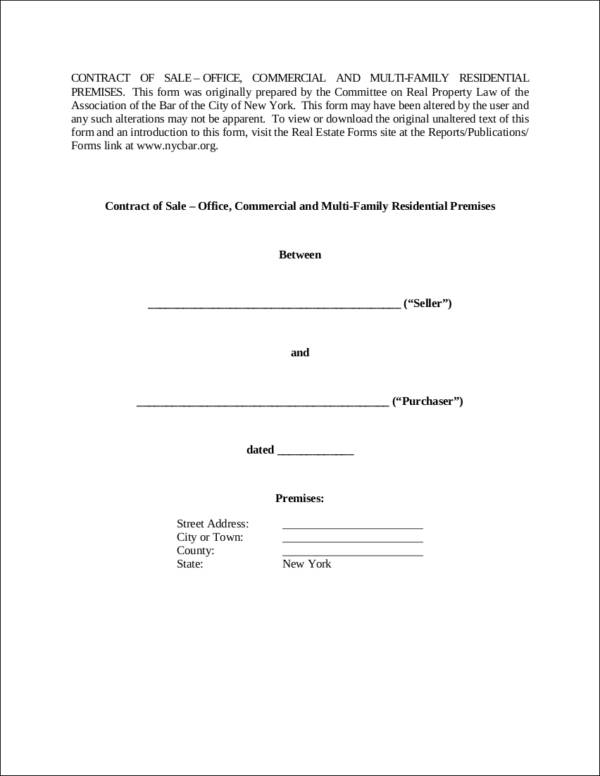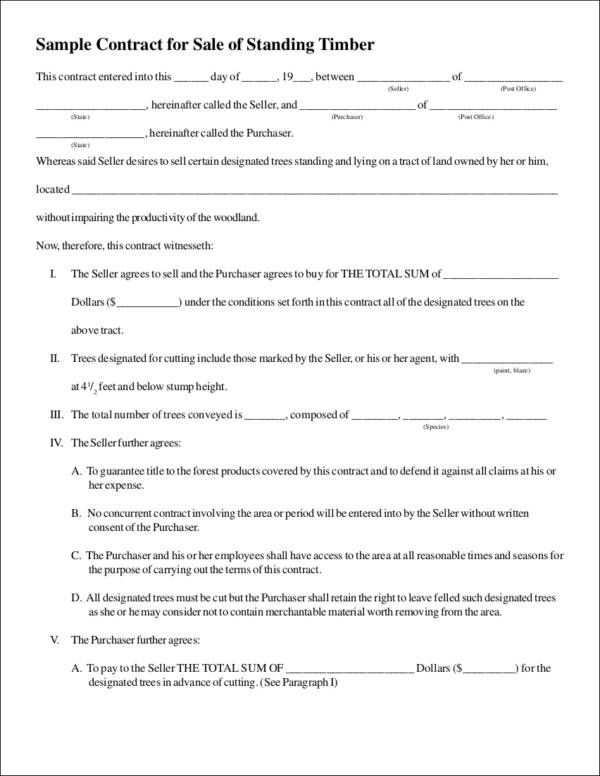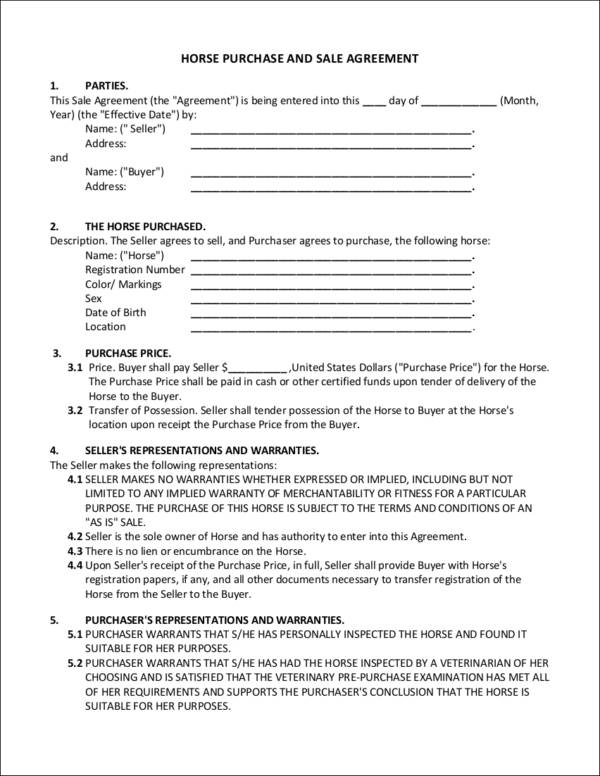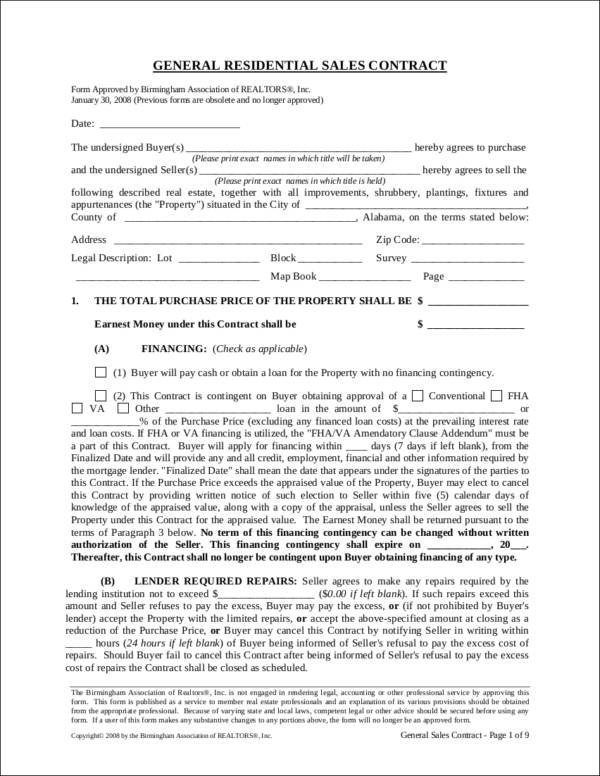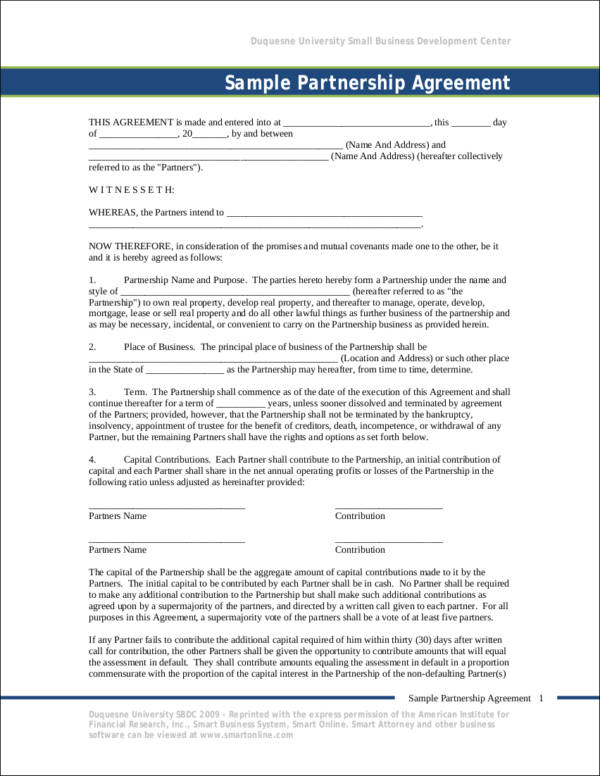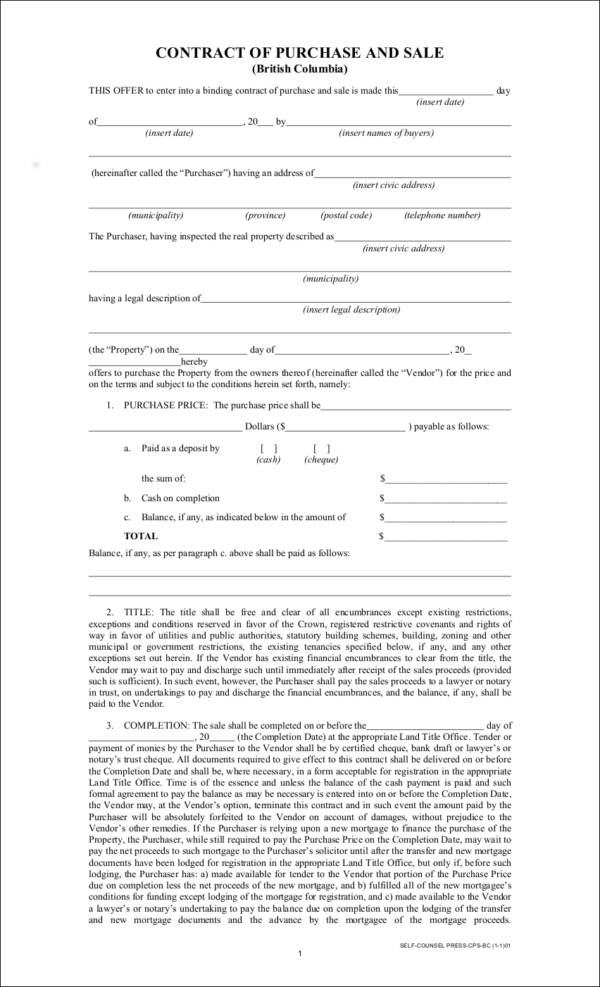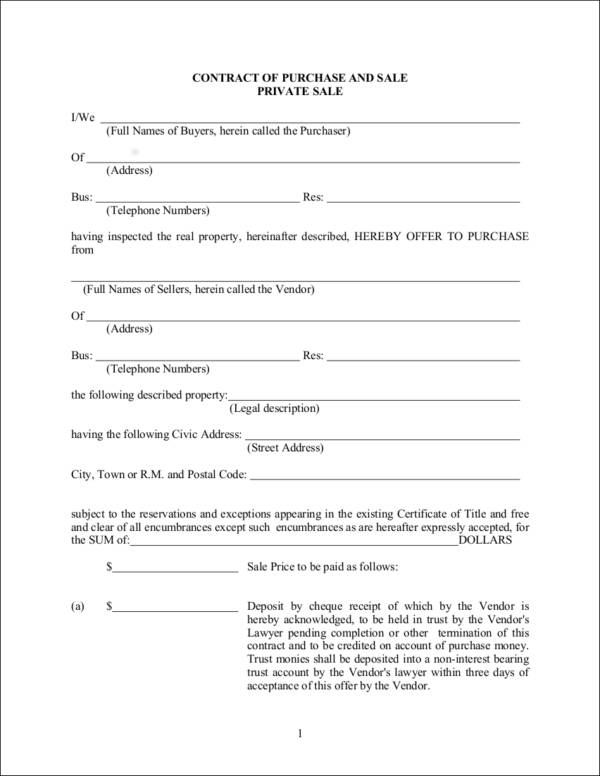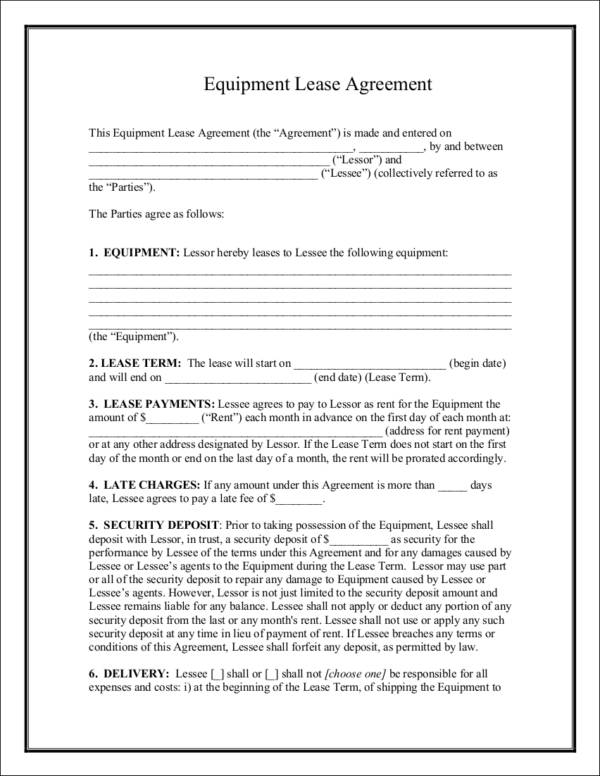As we all know, there are many reasons why contracts are being used in businesses and companies. When getting into a business partnership or just doing a one-time business transaction, a contract is required to seal the deal. When hiring for employees or any needed position within a company, a contract is used to officially make them a part of the company. So why do they do this?
It all boils down to getting profit. Businesses get into business partnerships to be able to increase their profit. Business transactions and proposals are done in order for a business to earn more money and grow their business. Similarly, employers hire employees so that their company can meet the demands of their clients and to be able to increase their productivity, thus increasing their sales and profit.
But how is this possible with just the use of a contract? A contract can be written in a lot of different ways, and no single contract is the same unless they are used repeatedly. There are also generic contracts that you can download online. You can edit and use them as your own. You choose what to add and what to remove in the contract, including the words to put in it. This also includes the terms and conditions, and what you expect from all of the parties involved.
A legal contract is a document used to bind two or more parties in an agreed upon arrangement and at the same time, it is also used to make a profit. This article will provide you with the information that you need to know about contracts, as well as ways on how you can make a contract more profitable. On top of that, we also have sample contracts in PDF that you can download and use as a reference when making your own.
Car Buyer’s-Seller’s Contract
Partnership Agreement Contract
Sales Agreement Contract
Gas Sales Agreement
The Definition of a Contract
A contract is an agreement between two or more parties about a specific common interest. It takes place when the parties involved agree to the terms and conditions being set for the said contract. A contract can be done verbally or in writing. Either way, they are both legally binding and are enforceable in the court of law. Contracts are used in a lot of different things, mostly in businesses. All of the parties that are involved in a contract are bound to it until the said contract expires. It serves as an assurance that the parties involved will oblige and commit to the terms and conditions of the contract. Whoever violates the agreement will face the agreed upon consequences.
What Are the Types of Contracts?
Contracts are divided into different types based on their specific features and uses. They are simple contracts, bilateral contracts, unilateral contracts, express contracts, void contracts, implied contracts, and formal contracts. Each of these types is enumerated and discussed below.
- Simple Contracts – A simple contract agreement does not need to be signed, sealed, and witnessed. That is why it is called simple because there is no hassle in making and processing it.
- Formal Contracts – All the formalities that are not in a simple contract is included in a formal contract. It has to be signed, witnessed, and sealed, which is totally the exact opposite of a simple contract.
- Express Contracts – This type of contract takes place even without the contract signing being done. The parties who have agreed to the terms and conditions of the said contract are bound to it. It is legally binding still, thus it is enforceable by the law. An express contract can either be a verbally agreed contract or a written contract.
- Implied Contracts – This contract has two known types and they are the implied-in-fact contract and the implied-in-law contract. An implied-in-fact contract is a contract that is not verbally done or even written, but it applies to all of the parties involved in a contract. An implied-in-law contract is used to show what justice is all about and not to point out that one party is right about something.
- Bilateral Contracts – In a bilateral contract, both parties promise to do or give something to each other. This means that if one party agrees or promises to do a certain act, the other party should also promise to do something in exchange of what the other party would do.
- Unilateral Contracts – One party makes the demand from another party to do or act as they have demanded. Say, for example, Mr. A left his wallet in a taxi that he rode on the other night. He does not have any details about the said taxi. All of his important IDs are in his wallet and he so badly needs it to be returned. So he went to the radio station to tell the public that he will be giving a monetary reward to the taxi driver or whoever has found his wallet. The party who has found the wallet may or may not do as the other party demands as it does not bind him to any legal responsibility.
- Void Contracts – Void contracts are contracts associated with illegal acts or things that are against the law. This contract usually takes place between drug dealers and the black market.
- Voidable Contracts – If one party fails to disclose important facts to the other party or misrepresents the said contract, the other party can choose not to continue with it. This makes the contract voidable. A contract should be agreed and made clear to all of the parties involved. Cunning acts like hiding facts or misrepresenting something to be able to get the other party’s agreement is definitely wrong.
Purchase and Sale Agreement
Business Contract Template
Sample Contract to Sell
Contract for Sale of Automobile
What Is the Difference between a Contract and an Agreement?
A lot of people find contracts and agreements the same when they are really not. It has somewhat become part of our ordinary daily conversation to the point that we don’t really mind the weight of their meaning. Contracts and agreements are used interchangeably, which then causes confusion to some who really know the difference.
Most people refer to a contract as a piece of document that needs to be signed. A contract can also be a verbal arrangement aside from the written document that we are more familiar with. Either way, it is done; it is still considered a legal contract and is enforceable in the court of law. This means that the parties involved in it are bound to the stipulated terms and conditions. Whoever breaches the contract will face the agreed upon consequences, which includes fines for damages or lawsuits.
Unlike a contract, which is a formal arrangement, an agreement is an informal arrangement between two or more parties. An agreement is not enforceable by the law so there are no legal responsibilities to face in the event that one party breaks the agreement. An example of an agreement would be a group of friends planning to go out on Friday night. Although everybody agreed to go, not everybody may be able to go. Those who would not be able to go are not subject to any legal consequences for not showing up.
Sample Business Contract
Contract to Buy and Sell Real Estate
Contract of Sale
What Should Be Included in a Contract?
You need to make sure that you know the things that are included in a contract as one missing item may be fatal and may lead to problems that are more serious than you have ever imagined. Contracts are important, and the things written in it make up part of the reason why it is important. It is a good practice to check all of these things before you sign a contract.
- The names of all of the parties who are involved in the contract
- The start and the end date of the contract or the length of the contract
- A description of what the contact is about or the particulars of the contract
- A description of the services
- The place where the said contract will take place
- The agreed upon price of the contract or the payment and the payment method, if any
- Any confidential information
- Indemnity clause
- Subcontracting
- Any insurance involved
- The terms and conditions
- The limitations of the contract
- The responsibilities of both parties
- The procedure to be followed in the business
- Early termination
- Signature of all the parties involved in the contract
- The date and place where the contract is signed
Sample Contract for Sale of Standing Timber
Horse Purchase and Sale Agreement
General Residential Sales Contract
Partnership Agreement Contract
Best Ways to Make Every Contract More Profitable
Making a profit is always one of the reasons why people turn to doing business, why malls and stores are opened, why companies operate, and many other reasons. Money is of course a motivation. Who wouldn’t want it? So from here we will be providing you with ways on how to be able to make a contract that is more profitable. We’re not only talking about the usual ways, we’re talking about the best ways to make it happen.
- You should not only offer one or two services because that is what your company or business is all about. You should also offer complimentary services so that your clients can do transactions with you, instead of doing them with multiple other businesses. More services mean more money. If you provide a service package that includes all the things that your clients need, then both of you will be able to benefit from it. You will earn more and your clients will have to deal with lesser people in doing their business. Offering complimentary services would work best when used in car sales contracts and property sales contracts.
- Have more work done. If you have more to show your clients, then they will be confident with your work knowing that you can do more than what they have asked.
- Offer upgrades or upsell. This is a very effective way of earning more profit than what you usually do. Remember how McDonald’s would offer you to upsize your drinks and fries for only this much instead of doing it ala carte, which would cost you more? That is exactly how you should do upselling with your business. Telling your customers how much they would be able to save with this upgrade or package compared to paying for it individually would surely do the trick.
- Resell products. There will always be customers who would ask for this and that product or service that you don’t really sell. Take note of these products and services or make a list as to how many clients are asking for them. If you find that majority of your clients asked for that product or service, then make a plan to resell such product. This is a fine way to earn more and it is a good business strategy as well.
- Increase your pricing gradually, but do it in the right time. You can also use a strategy that helps you increase your pricing the easy way. You can offer promo packages for the first couple of months of the service and then it will go back to its original price after that. Just make sure you explain this to your client and have it stated in your business contract or it will be troublesome. You can also tell them about the price increase in a nice way. It is advisable that you do this in your fifth month of doing business.
Contract of Purchase and Sale
Private Sale Contract
Equipment Lease Agreement Contract
Contract for Sale and Purchase
What Elements Are Required to Make a Contract Valid?
A contract matters, and no matter what you do and no matter what contract you get yourself into, make sure that it is one that is valid. A legal contract is a contract that has successfully completed the needed requirements and followed the required procedures. A valid contract requires that the important contents of a contract are not left out or missing. Therefore, a contract should be both legal and valid. To be able to do that, you can check out the elements below.
- Offer and acceptance. In every contract, there will always be a party who offers it and another party who accepts the contract. This is an important element as no contract will be formed unless an offer is being accepted. After the offer gets accepted, it then becomes the agreement of the parties involved. An example would be a lease contract and a rental contract where the landlord does the offer and the tenant accepts it.
- Legal obligation or legal relationship. The parties involved in a contract should be willing to go to court if the need arises. This is what having a legal obligation means. Since a contract is a formal and legal transaction, the parties who want to get involved in it should have the intention to go to court before they even agree to it. It does not happen all the time, but the possibility of appearing in court is common when joining business contracts and some employment contracts.
- Consent. A contract becomes valid if the parties involved willingly agreed to it and provided consent that they be included in the said contract. A party or entity who joins a contract should do so willingly. They should not be forced into the contract or influenced by false information.
- Consensus-ad-idem. This literally means “meeting of the minds.” It requires that all of the parties involved in the contract agree to the same or all of the things that are in the contract. It is because if one of the parties disagree to any of the terms and conditions, then they will not come into agreement with each other. There will be no contract formed if this happens.
- Capability and competency. You can’t just join a contract without any knowledge on what it is all about. If you do this, then you may be facing a lot of trouble that you are not aware of. All of the parties involved in a contract should be competent and capable. A party or individual is considered competent when
- they are of legal age,
- they have no mental disabilities that would hinder them from providing sound decisions, and
- they are not be disqualified from joining any contracts subject to the law.
- Should not be void. If a contract has been declared as void, it cannot be enforceable by the law and will never become a valid contract. That is why it is important to check if the contract you will be involving in is one that has not been expressly declared by the law to be a void contract.
- Lawful consideration. If only one party gives something to the other party, then it will no longer be considered a contract but a gift. Lawful consideration means that if one party gives to the other, the other party should do the same. They should provide something in return.
- Lawful Object. Something that follows the provisions of the law is considered as lawful. A contract cannot be considered valid if it goes against the law or if it is something unlawful. Unlawful objects are those that go against the provisions of the law, fraudulent acts, or acts that cause damage to property or harm to the public. Immoral acts are also considered as unlawful.
- Legal formalities. There are certain requirements and procedures that are needed in order to make a contract legal and valid. These requirements and procedures allow for the said contract to be registered in court and be recognized by the law. Unless these requirements are met and the procedures followed, a contract cannot be considered valid nor legal.
- Certainty and possibility. If a contract is vague and impossible to perform, then it cannot be considered legal and useful. A contract should always be made clear and doable, otherwise it would just be a waste of time as it will not be deemed useful in any way.
Getting into a contract should be taken seriously. You need to get as much legal advice as you need before you can come up with a decision whether to join the contract or not.
Related Posts
Contract Cancellation Letter Samples & Templates
Sample Material Lists
Sample Excuse Letter for School
Feature Writing Samples
FREE 14+ Sample Music Concert Proposal Templates in MS Word | Google Docs | Pages | PDF
FREE 10+ Security Guard Contract Samples in PDF | MS Word
FREE 10+ Assurance Agreement Samples In MS Word | Google Docs | Apple Pages | PDF
FREE 10+ Option to Purchase Agreement Samples in MS Word | Apple Pages | PDF
FREE 26+ Curriculum Form Samples in MS Word | PDF
FREE 20+ Cleaning Service Proposal Samples in PDF | MS Word
FREE 29+ Sample Loan Application Form Templates in MS Word | PDF
FREE 10+ Event Venue Contract Samples in PDF | MS Word | Pages | Google Docs
FREE 10+ SBAR Samples in PDF | DOC
FREE 12+ Music Band Contract Templates in PDF | MS Word
FREE 10+ HVAC Maintenance Contract Samples in PDF | MS Word

